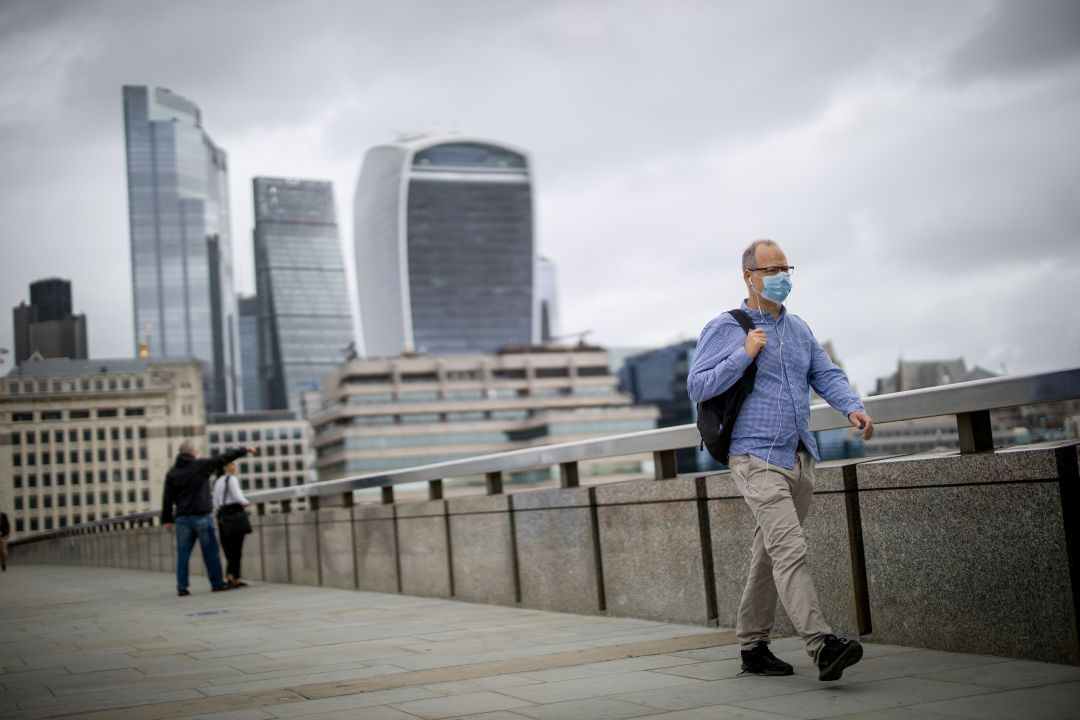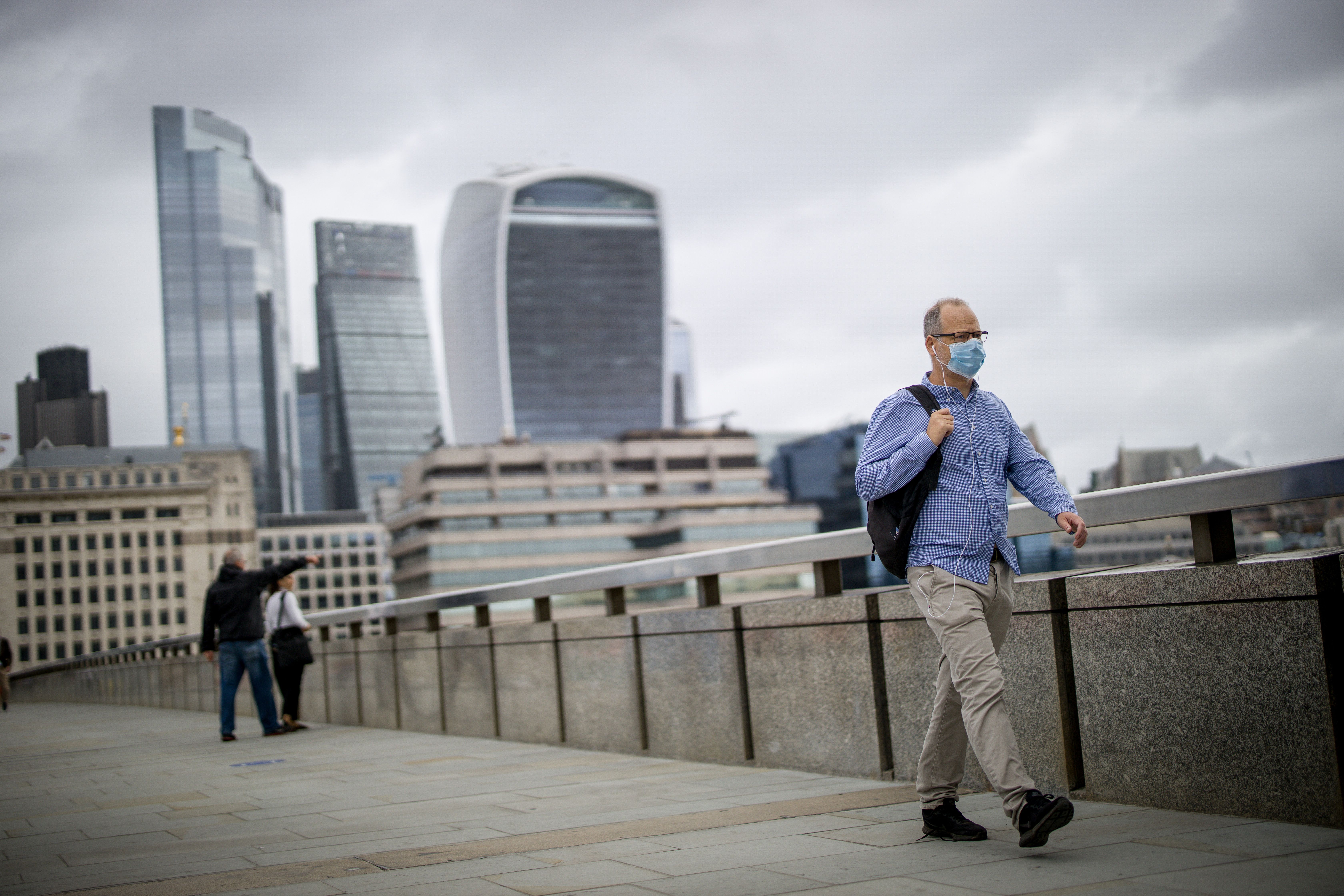There’s a new trend emerging when it comes to Covid-19 policy: where Scotland leads, England follows. In recent weeks, decisions taken by Nicola Sturgeon have – eventually – been adopted by the UK government for England: first, the U-turn on how A-level and GCSE results would be attributed, and today another U-turn on face masks in schools.
When Scotland announced face masks would be made mandatory for pupils earlier in the week, the government remained adamant that this would not be required in English schools. But within days, the advice quite substantially changed, now requiring secondary school students in local lockdown areas to wear them in the corridors and communal areas. The Education Secretary is still insistent that wearing masks in school at all times ‘isn’t necessary’ according to ‘the best scientific and medical advice’ – a point that would ring true with what we know about the usefulness of face masks in general. But these are never purely scientific decisions: since the UK was declared one of the biggest public health and economic losers in the first leg of the Covid-19 race, the desire to be perceived as extremely cautious has dominated government agendas, from Whitehall to Holyrood.
Tory MPs are frustrated by today’s U-turn on masks in schools
One of the reasons Tory MPs are frustrated by today’s U-turn on masks in schools is that they worry the logical extension of the policy is ordering masks in the office. Interactions at work are similar to those in schools: regardless of social distancing measures, it’s near-impossible to avoid mingling in a variety of groups (especially in corridors, etc). Having conceded the principle on schools, Tories worry that a government now being buffeted by events will end up ordering masks in the office.
France will implement masks at work on Tuesday next week, and it will take a while for the effects to become known. Fifty of the largest UK employers have no plans to get their staff back to the office, according to a new survey from the BBC, which means millions of staff continuing to work from home for the foreseeable future. Face masks could be perceived as a comfort blanket, as they were designed to get people back on public transport, boosting the confidence of workers so they can return safely. (That was the argument for shopping but, as it turned out, compulsory masks led to two million fewer people in shops.) Yet it could also backfire: for many, the prospect of wearing a mask at different points throughout the working day – walking around the building, in meeting rooms, etc – will put them off the office altogether.
There is not the same enthusiasm to return to the office in Britain as there is in other major European countries: only a third of UK workers have returned to their desks, compared with roughly two thirds in France and Germany. A poll from Eskenzi found that more than 90 per cent of workers want to keep working from home at least part-time, citing ease and comfort as a major reason for wanting to do so. Creating a less comfortable working environment may have the ill-intended consequence of keeping people away.








Comments